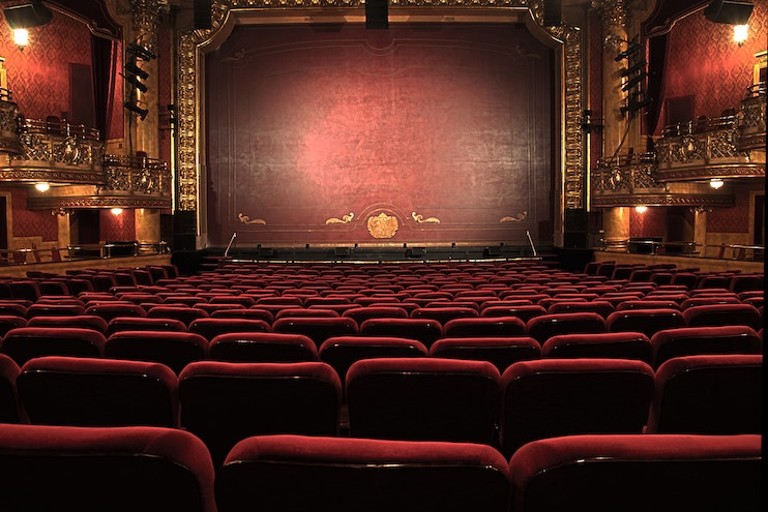Culture & Arts
London’s Fringe Theatres Embrace Immersive Experiences to Reignite Audiences
Independent theatres across London are experimenting with immersive storytelling formats to attract younger audiences back to the stage, blending technology with live performance in innovative ways.
By Daniel Hurst | 07 October 2025, 09:28

In an effort to recover from pandemic-era closures and dwindling attendance, fringe theatres across London are turning to immersive performance formats to reconnect with modern audiences. These small, often experimental venues have begun reinventing themselves by blending storytelling with interactivity, drawing inspiration from gaming, virtual reality, and participatory art.
Venues such as The Vaults in Waterloo and Theatre Deli in Leadenhall are now offering productions where the audience is not just a passive observer but an active participant. One recent show invited guests to solve a fictional crime by exploring multiple rooms, interacting with actors, and piecing together clues — a far cry from the traditional seated experience.
Artistic directors say this pivot is not merely gimmickry, but a response to shifting cultural preferences. “Audiences, especially younger ones, want to feel involved,” explains Megan Clarke, creative producer at a South London venue. “They’ve grown up with interactive media, and theatre must evolve to stay relevant.”
Ticket sales for immersive shows have been outperforming traditional plays in many fringe spaces, even with higher production costs. This success has led to renewed funding interest from local councils and arts foundations, which see the format as a promising bridge between theatre and broader cultural innovation.
Critics, however, have raised concerns about access and inclusivity. Immersive shows often rely on physical navigation of space, which can be challenging for people with disabilities. Others argue that the format risks diluting dramatic depth in favour of spectacle, particularly when budgets are limited.
Despite these challenges, the trend shows no signs of slowing. Several upcoming festivals in London will feature dedicated immersive theatre programmes, and university drama departments are beginning to incorporate interactive methodologies into their curricula. The momentum suggests a significant shift in how live performance is conceived.
Audiences, for their part, appear enthusiastic. “I hadn’t been to the theatre in years, but this was something totally different,” said Emma Donnelly, a first-time attendee of a site-specific production in Shoreditch. “It felt personal, like we were inside the story rather than just watching it happen.”
As fringe theatres continue to adapt, many see immersive storytelling not as a passing trend but a necessary evolution — one that redefines the role of audience, space, and narrative in an increasingly digital and distracted world.